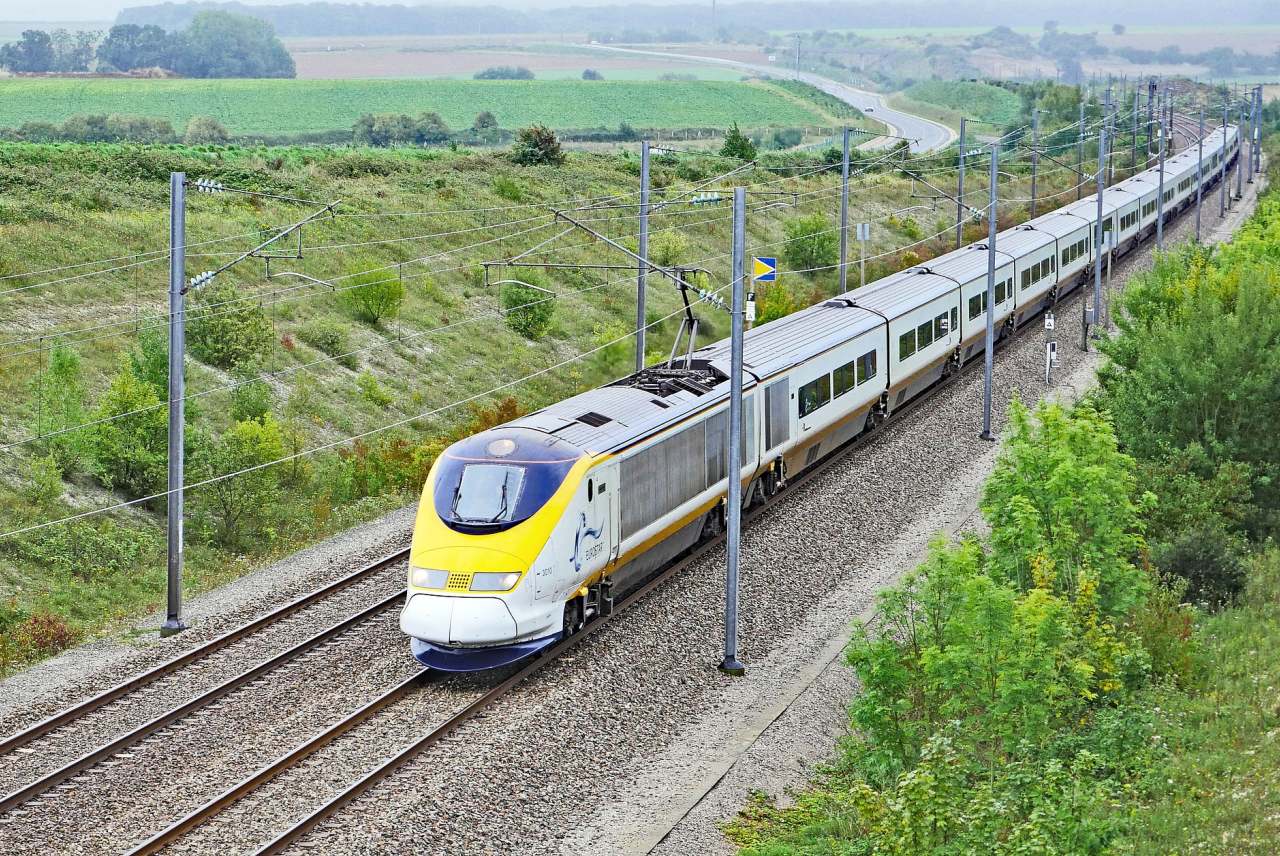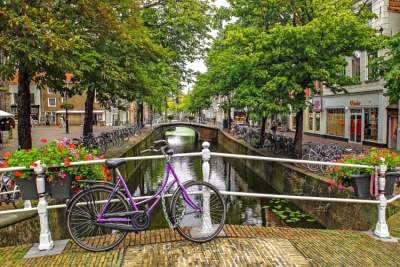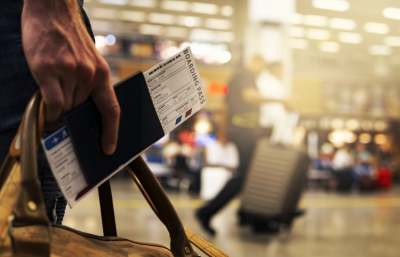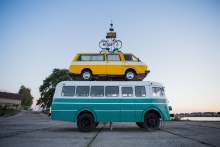7. Switch to other options
Flying emits more per kilometre than car, coach, ferry or train. Train or coach are your best bet, from a climate perspective.
The Man in Seat Sixty-One is an incredible source of information for anything you’d need to know about train travel. It can tell you how to get to virtually anywhere in Europe by train.
Unfortunately, flights can be ridiculously cheap compared to other modes of transport. This can make it much harder for those on low incomes to reduce their travel footprint unless you’re happy to holiday closer to home. If you feel able to save, you could put aside a fiver a week for a holiday budget to give you more options.
Buying an Interrail pass for Europe can sometimes be cheaper than buying individual train fares. It allows you to travel on almost all European trains for a specified number of days within a given period of time. (Remember to factor in small additional charges for reserving Interrail seats as well as the cost of the ticket.)
Alternatively, you could consider doing a lower budget holiday once you arrive to free up some cash for the travel. For example, Couchsurfing can help you find free accommodation, as can the Warm Showers website if you’re on a bike. The Workaway and WOOFING websites match you up with projects or farms looking for help in return for free food and accommodation. You’re expected to work for five hours a day, five days a week, but often on fun activities like planting. Many are friendly for children or ‘digital nomads’ too.
Our guide to travel booking companies also has lots of ideas for alternative lower-impact holidays.
Obviously, travelling by car or train can also take much longer than flying. If you don’t have long enough to factor in more days needed in transit, you could make the travel part of the holiday. Road trips in Scotland or sleeper trains in Europe are great options!
8. Join a wider campaign
Taking action can be easier and feel more meaningful if you know that others are doing the same. The Flight Free UK campaign allows you to pledge not to fly for holidays that year, for the year full stop, or even for life!
9. Prioritise your most important travel
You may not want to quit flying completely, but some journeys you make are likely to feel more important than others. For example, many of us rely on flights for seeing friends or family, something that can be very important to us.
Instead of banning yourself from flying entirely, you could start by working out which flights mean the most to you. Prioritising visiting people or travelling to places you plan to stay for a long time, for example, might be a way to cut the flights you think mean less in your life.
10. Speak to your workplace
Some workplaces ask employees to fly for meetings or other reasons. Why not speak to your workplace about whether this is necessary? With more and more people meeting online, digital attendance may well be an option.
Alternatively, if you do need to travel, you could ask about taking the train. It may be more expensive, but many workplaces are trying hard to cut their carbon emissions so may well be up for supporting this. Many trains in Europe also have good WiFi, meaning you can work on the train if needed. You could ask your employer to look into joining Climate Perks which supports employers to offer paid ‘journey days’ to staff who travel on holiday by train, coach or boat instead of flying.









